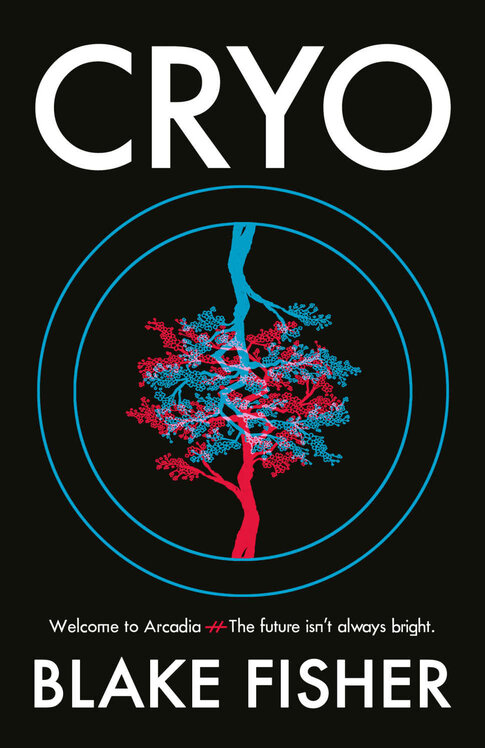
Even as a professor who deals with the concept of death every day, Louis isn’t prepared to defy mortality in a cryogenic chamber, but a terminal illness in 2024 gives him little choice. Waking up in the 23rd century, with his loving wife and familiar world long buried, he must navigate a post-nuclear dystopia divided between unyielding order and violent chaos. Effectively forced into citizenship of the West Empire and Arcadia, the “greatest community on Earth,” Louis quickly realizes that a dark secret lies beneath the stability and authority of this reimagined America.
Placed into the Scout faction, one of six in the regimented societal hierarchy, the protagonist slips into training, attempting to assimilate, but he can’t help but notice the disappearances, the calculated violence, and his growing sense of disturbing unease. With some familiar elements from recent dystopian sagas, such as The Hunger Games and the Divergent series, or even a serious version of Idiocracy, this novel hums with themes of corrupt power and radical fights for freedom.
The existential and philosophical quandaries that a human being would face after being frozen for two hundred years make for interesting and self-reflective prose, and Louis’ critical mind makes him an ideal narrator for this “stranger in a strange land” premise. Louis’ emotional bond with Violet, woven through the narration in flashbacks and memories, is paired nicely with his new connections to Rose, Lydia, and others, while his rare level of empathy and compassion from the 21st century make him an ideal recruit of a different kind in this unstable empire.
While the world that Fisher has created is full of an impressive array of futuristic gadgets, belief structures, and power dynamics, it isn’t all that unrecognizable from the world today, which is crucial for a dystopian parable – even sleeping pills haven’t changed much in two centuries. Given the exponential trajectory of human technology, it is a bit hard to believe that one of the coolest developments of the 23rd century will be Tic-Tac-sized meal replacement pills, so at times this future world may be a shade too close to home, but overall the world-building is impressively immersive.
It does take a bit for the story to get going – nearly ten chapters before the driver of the premise is introduced – but the short chapters do help the reading process move quickly. That being said, there are some chapters that are hardly a page in length, so combining these into others as secondary scenes would help with pacing, and condensing some of the opening act to grab readers’ attention is necessary. There is also the tendency to be extremely detailed in one moment, and vague in the next. The prose includes the song title and artist from Violet’s ringtone, but very few visceral details from Louis’ potentially fatal car crash, their emotional landscape after his terminal diagnosis, or the final farewell to his wife.
On the purely technical side of things, there are inconsistently spelled words, grammatical errors, and choppy sentence structure, which can take one out of the story. However, these superficial critiques aside, the author does a good job of slowly building tension with subtle foreshadowing and slow-burn character development, for an original and visionary work of dystopian science fiction.
Available At

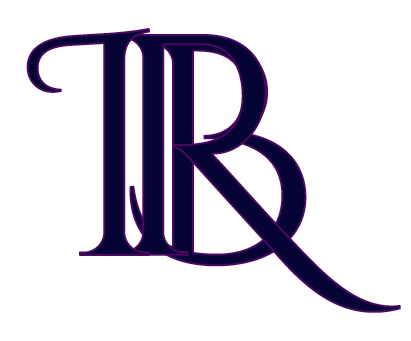

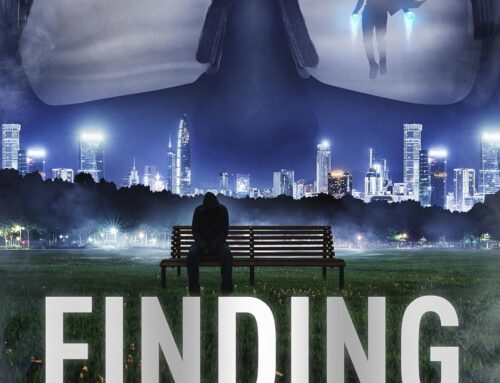
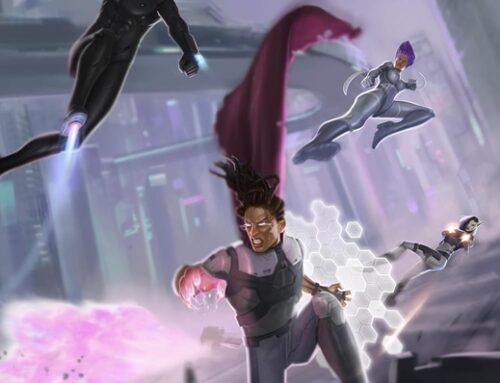
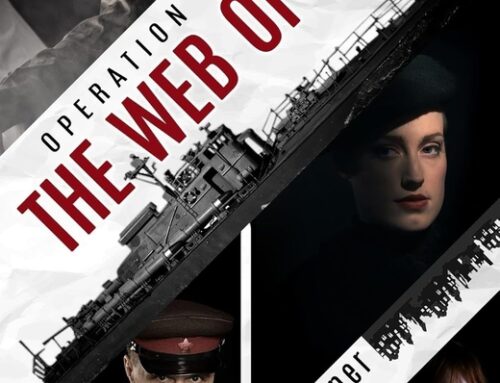


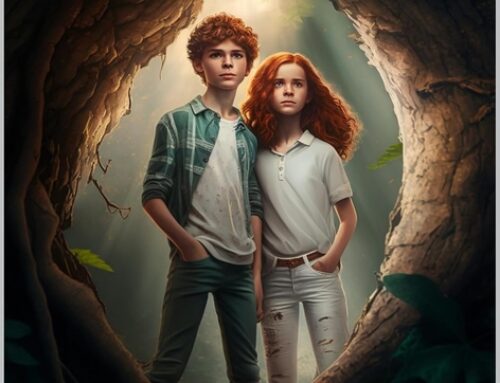
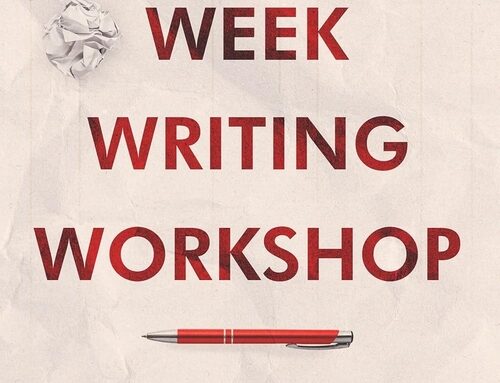
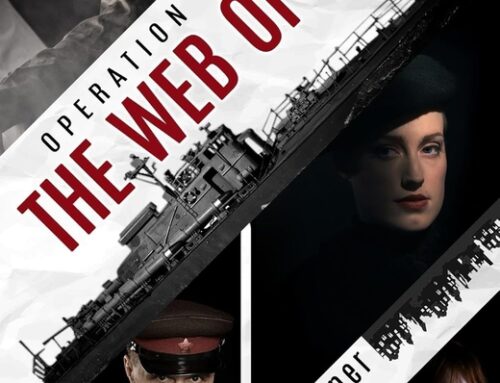
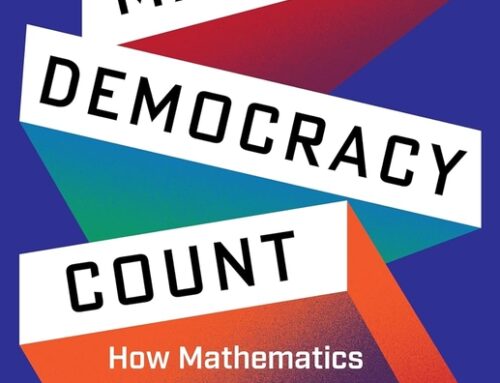

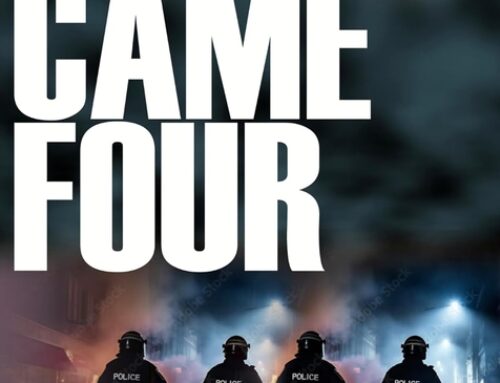
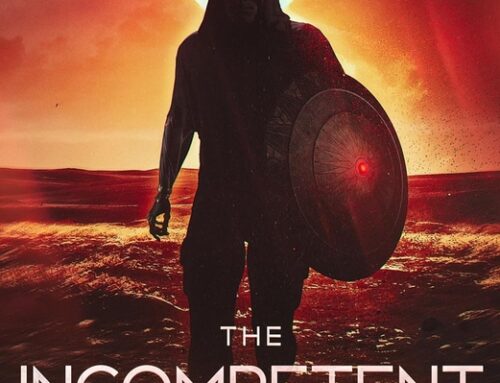
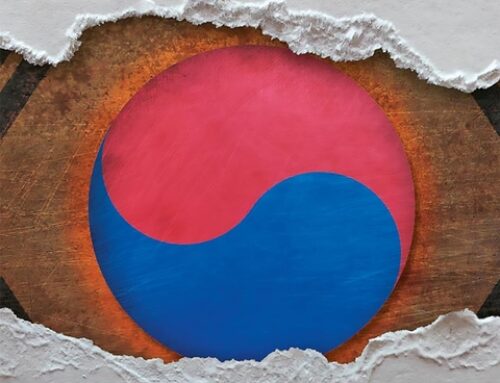


Leave A Comment